
Project Lightyear Receives AIA NC COTE Award

AIA CoVA x Seatack Pop-Up Park

Participation by Design: Atlantic Park and the Making of a Cultural Catalyst

Hanbury Discussions with Jessica Pagan Aello

Benefits
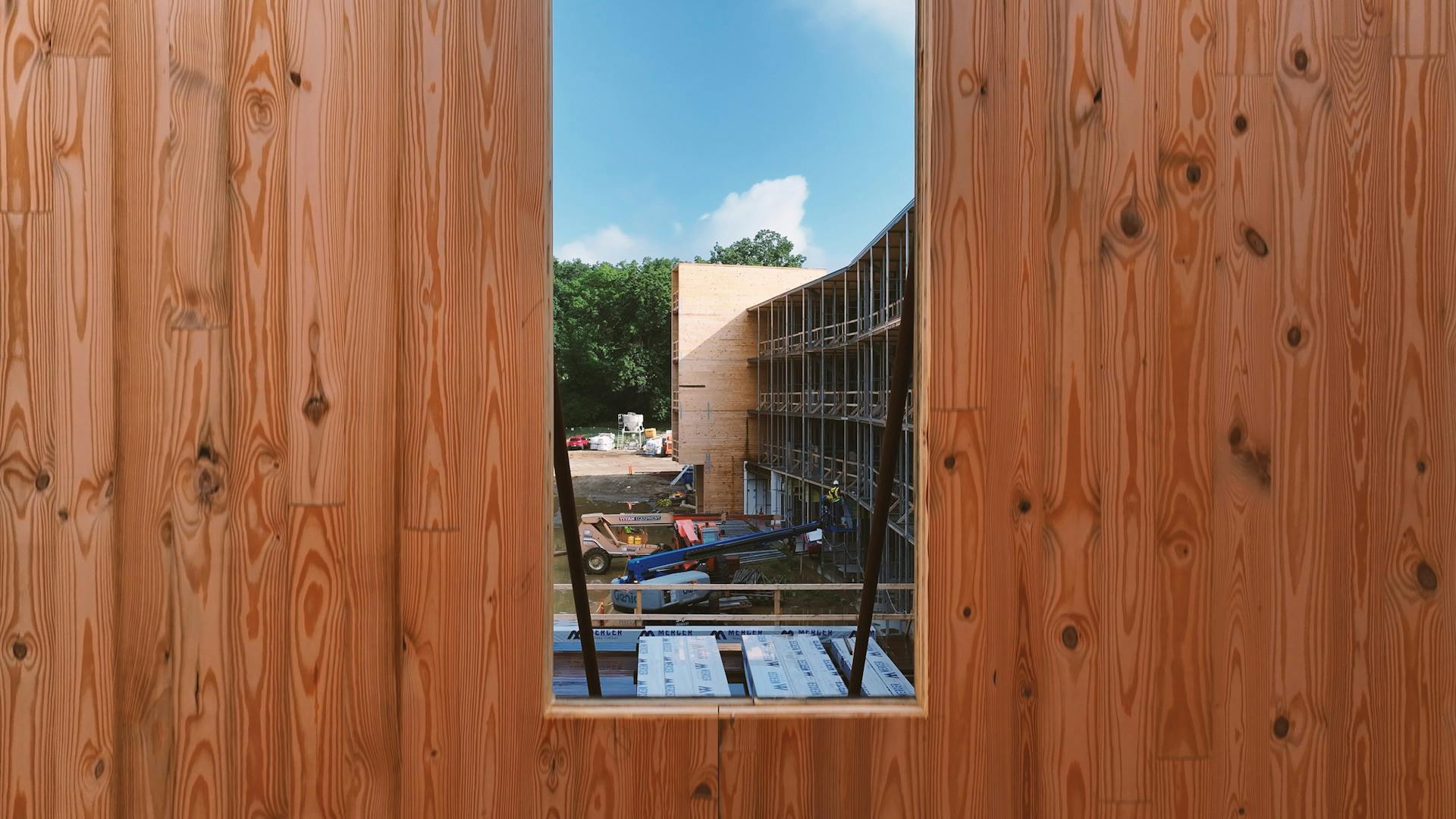
Golden Oaks Tops Out
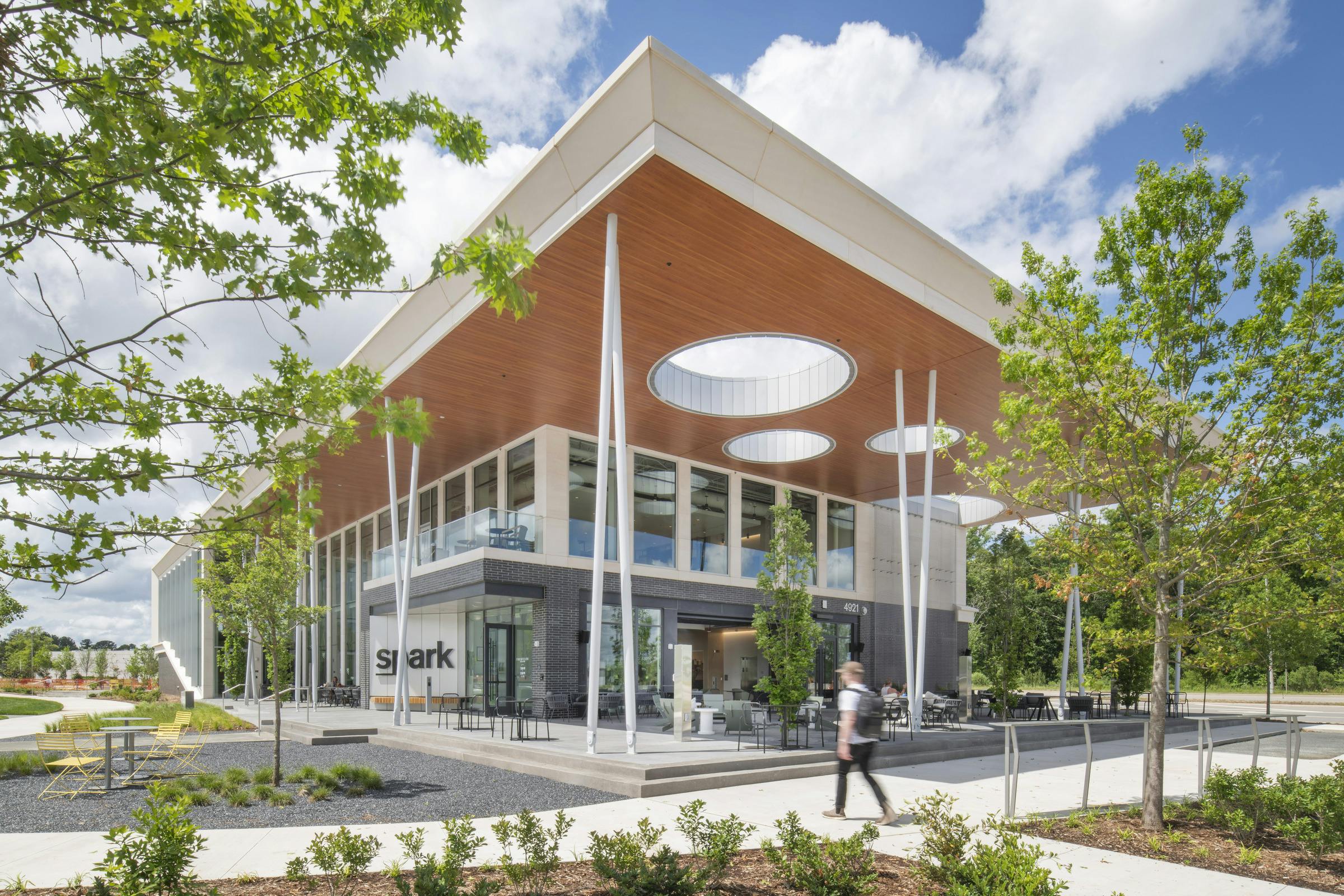
Vertical Biophilia at sPARK AXIS
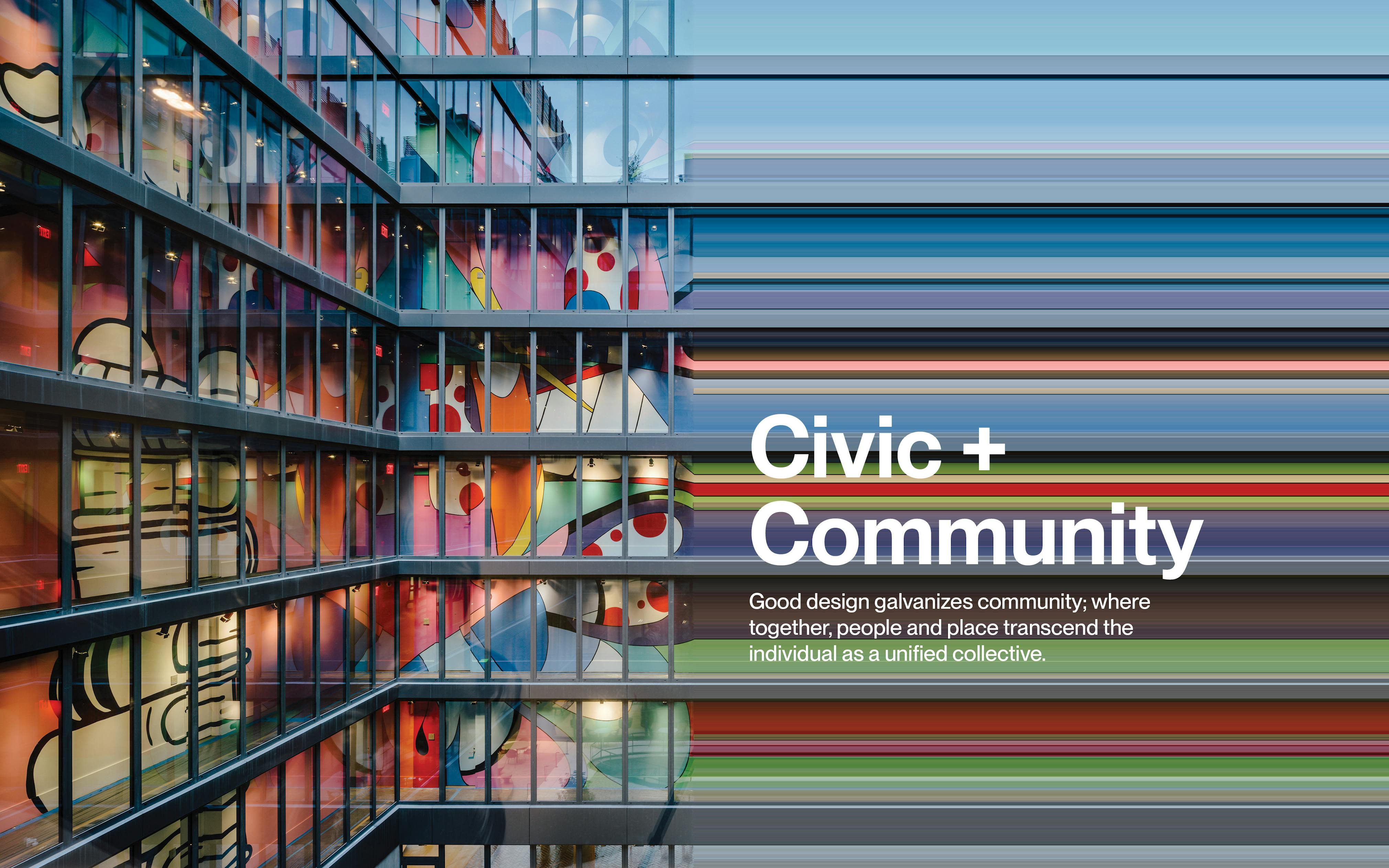
Strengthening Our Civic + Community Practice
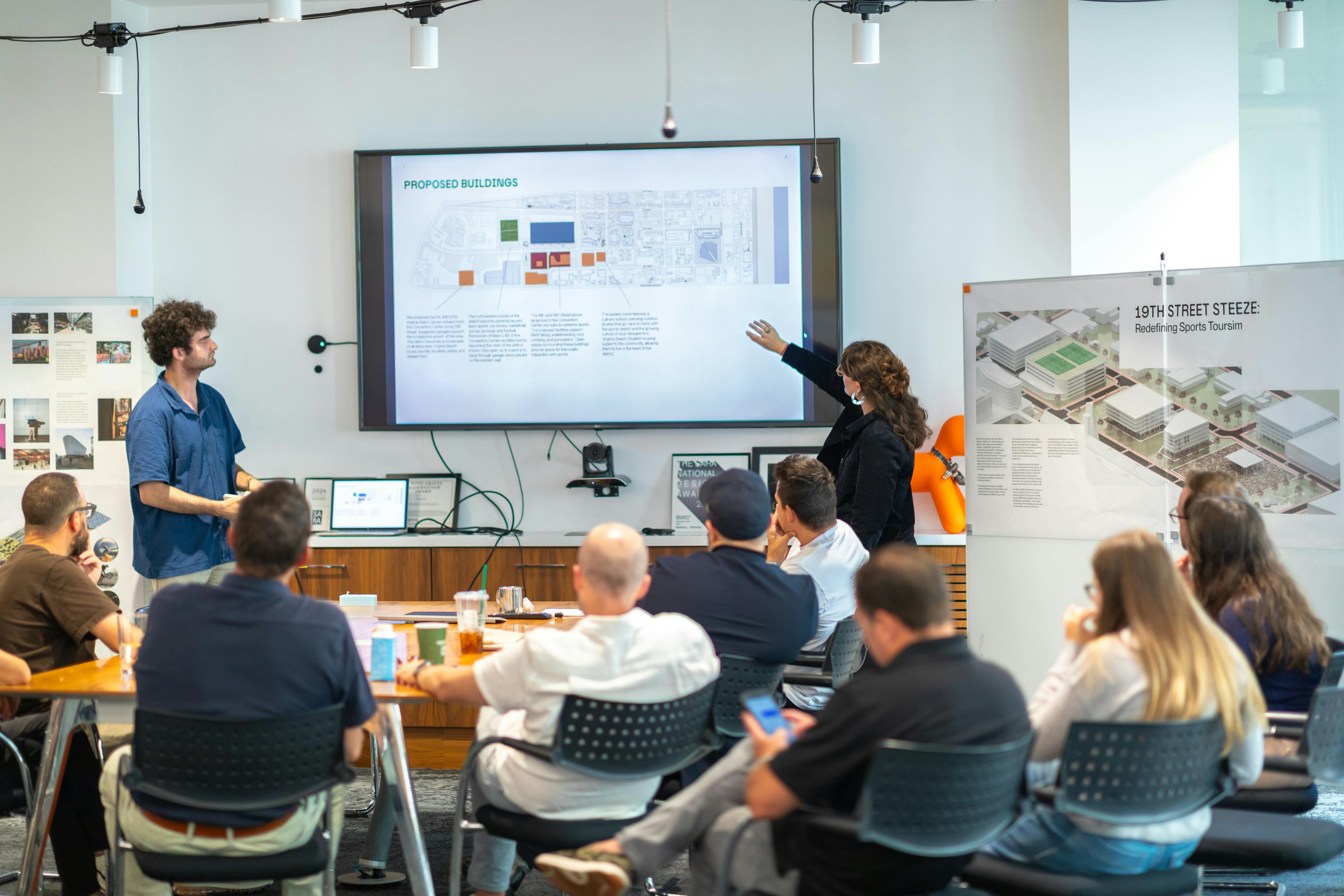
Summer Scholars in Review

Designing for Generation Alpha
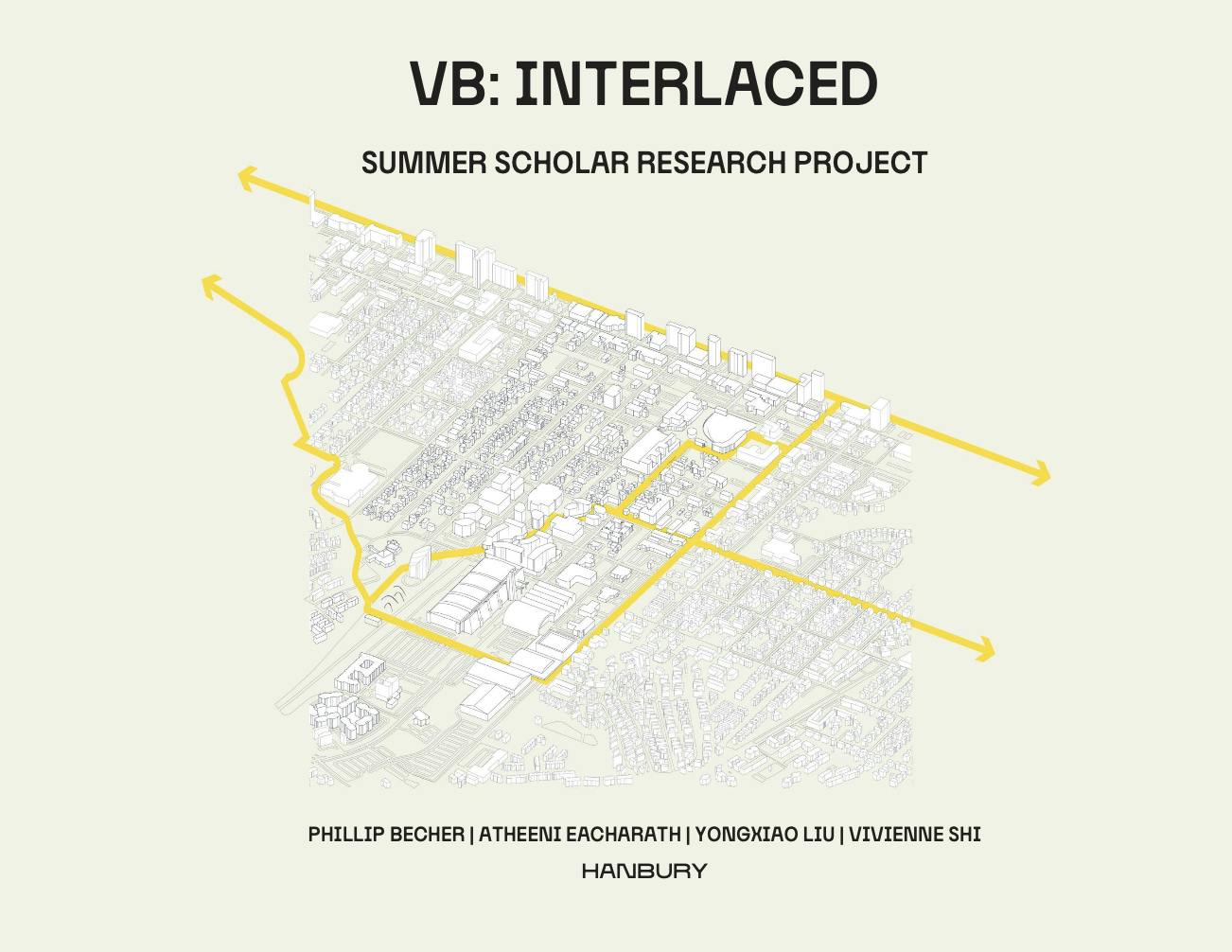
VB: Interlaced

MOED HQ at Reservoir Square Breaks Ground

Diversify Architecture x Hanbury
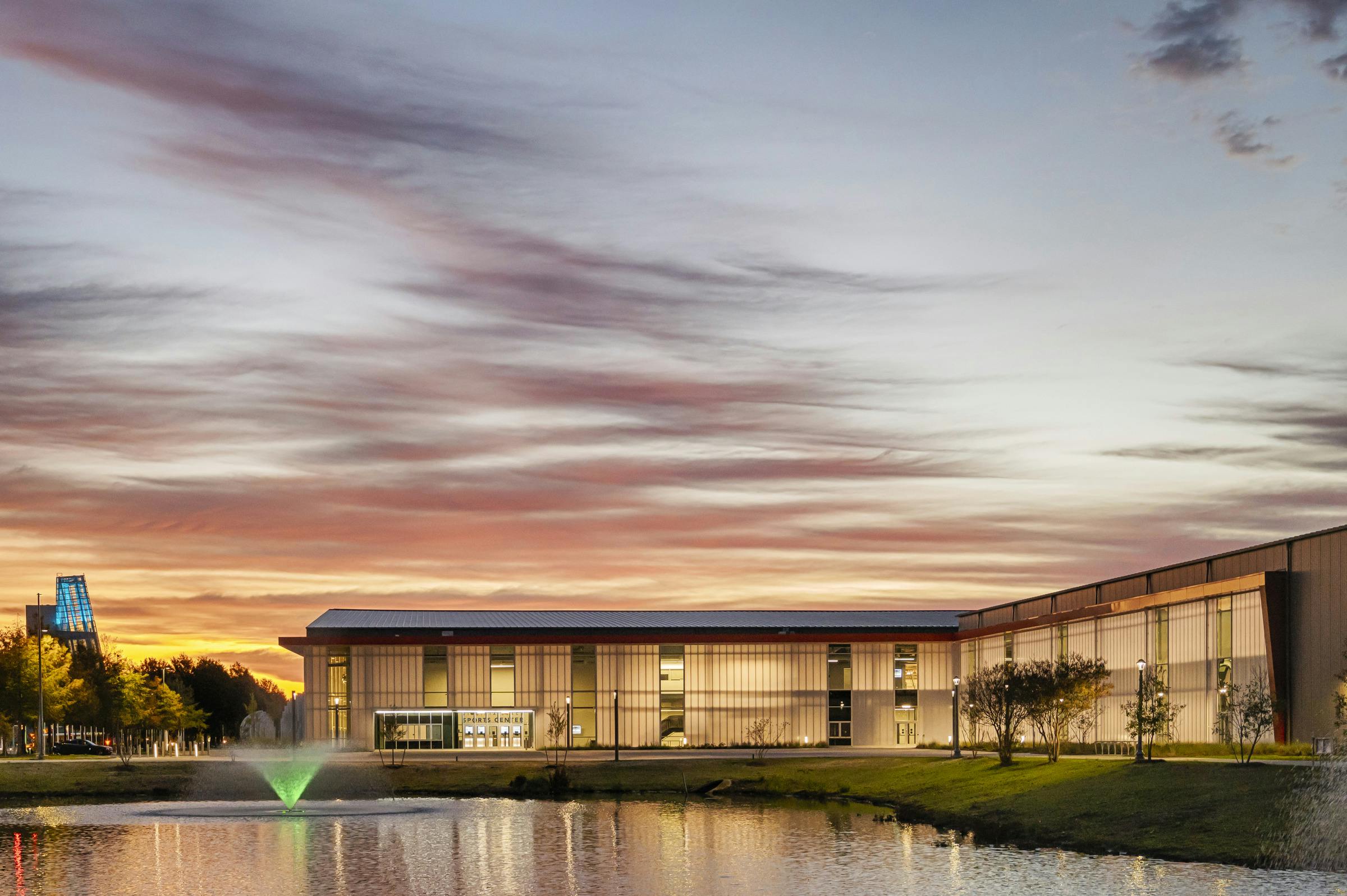
Virginia Beach Sports Center Delivers on Design

Kahler Slater + Hanbury to Design New School of Dentistry Building for VCU
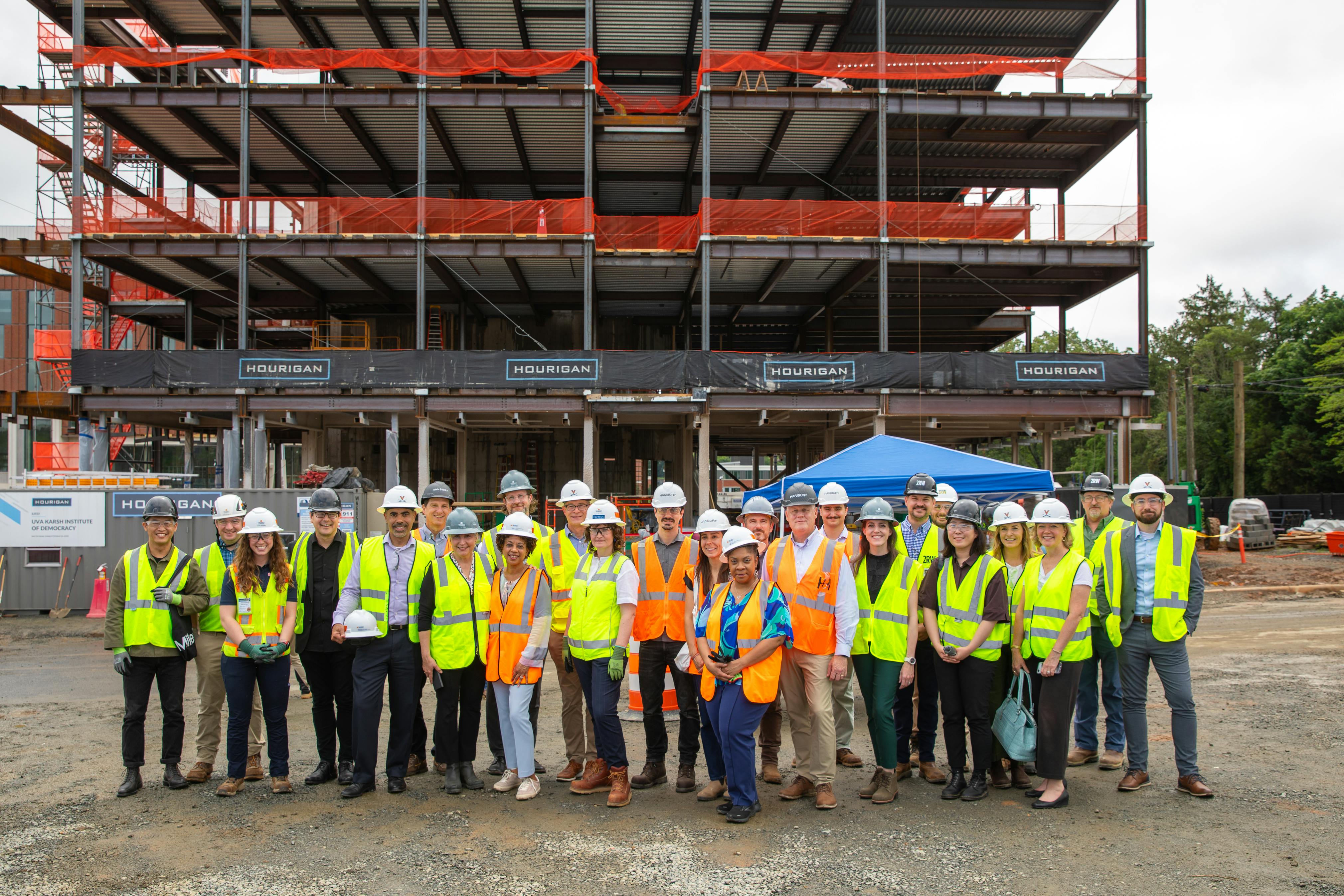
Karsh Institute of Democracy Celebrates Topping Out

Welcome 2025 Summer Scholars

Laboratory Consolidation + Optimization at Syngenta North America

New Design Leadership

Rural Witnesses Exhibition
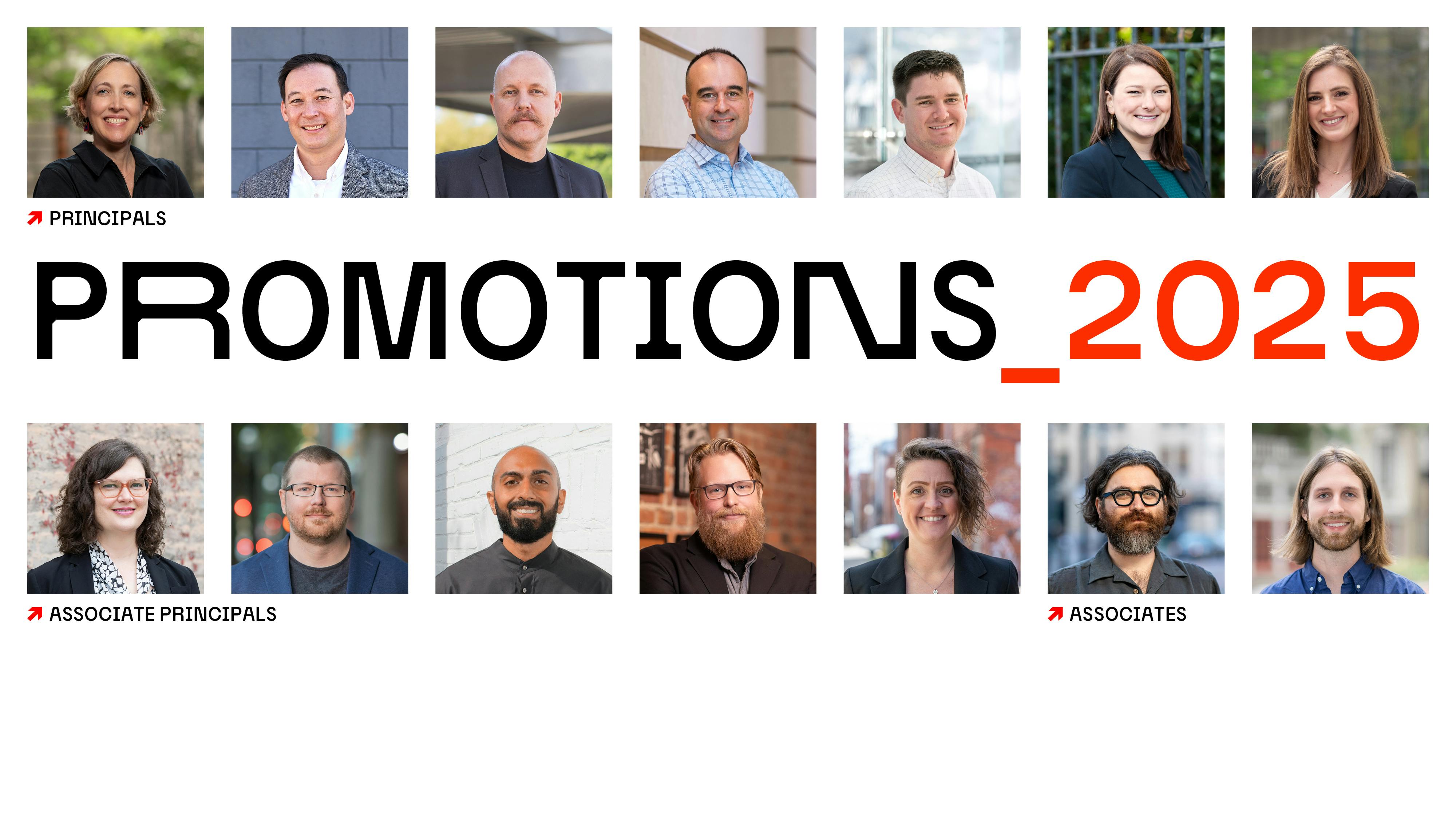
Recognizing Excellence

Enchanted Frameworks

Reflections from the Design for Freedom Summit

Hanbury Recognized at AIA Triangle Awards
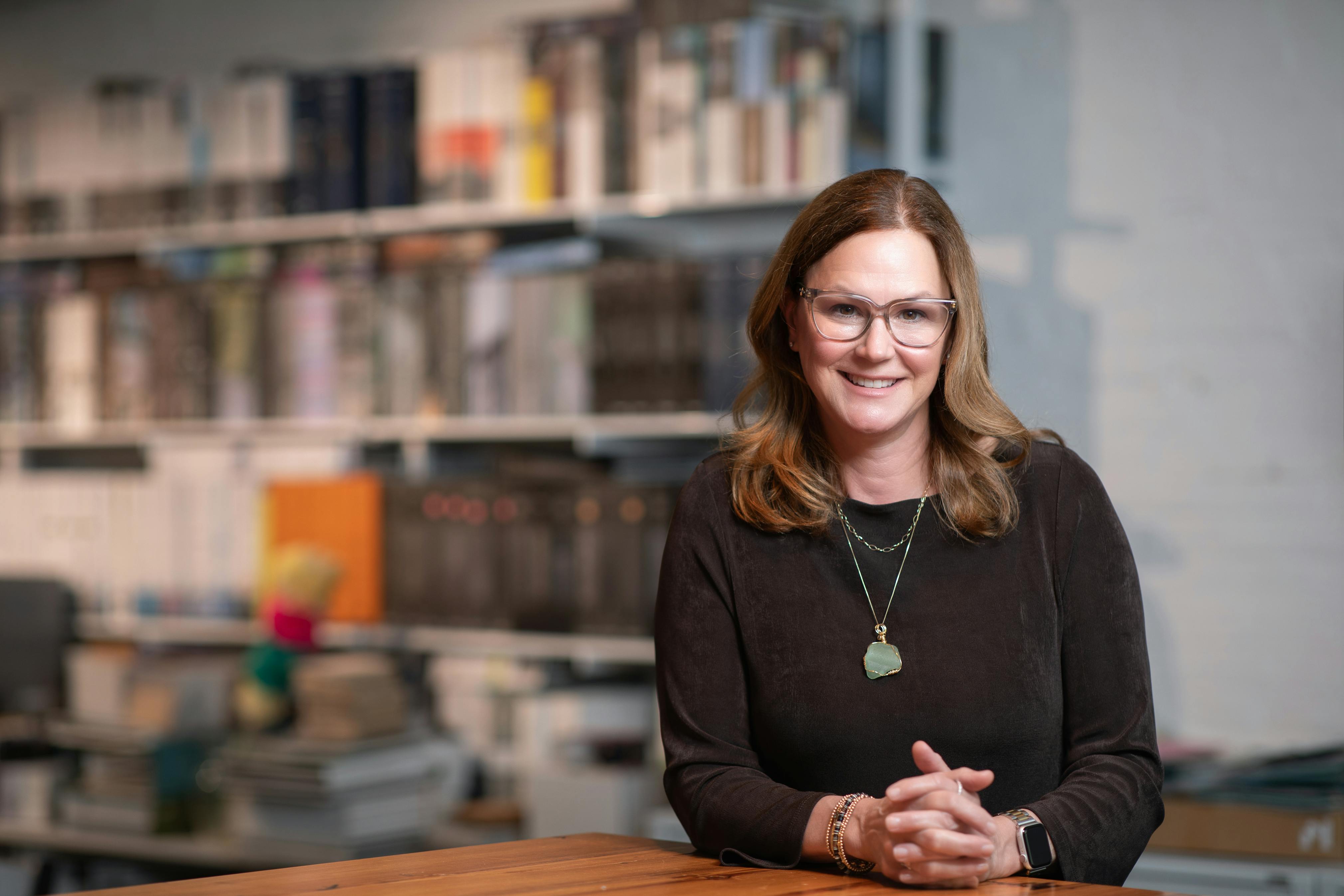
Rebecca B. Ensogna Named Vice President

Hanbury Recognized as Top Employer for Interns

Spring Shadow Studio

Fueling Student Athletes Through Dining Facility Design

Beyond the Meal

Engaging Students Through Design

Resonating with Place: How Architecture Shapes Campus Identity

Karsh Precast Tour
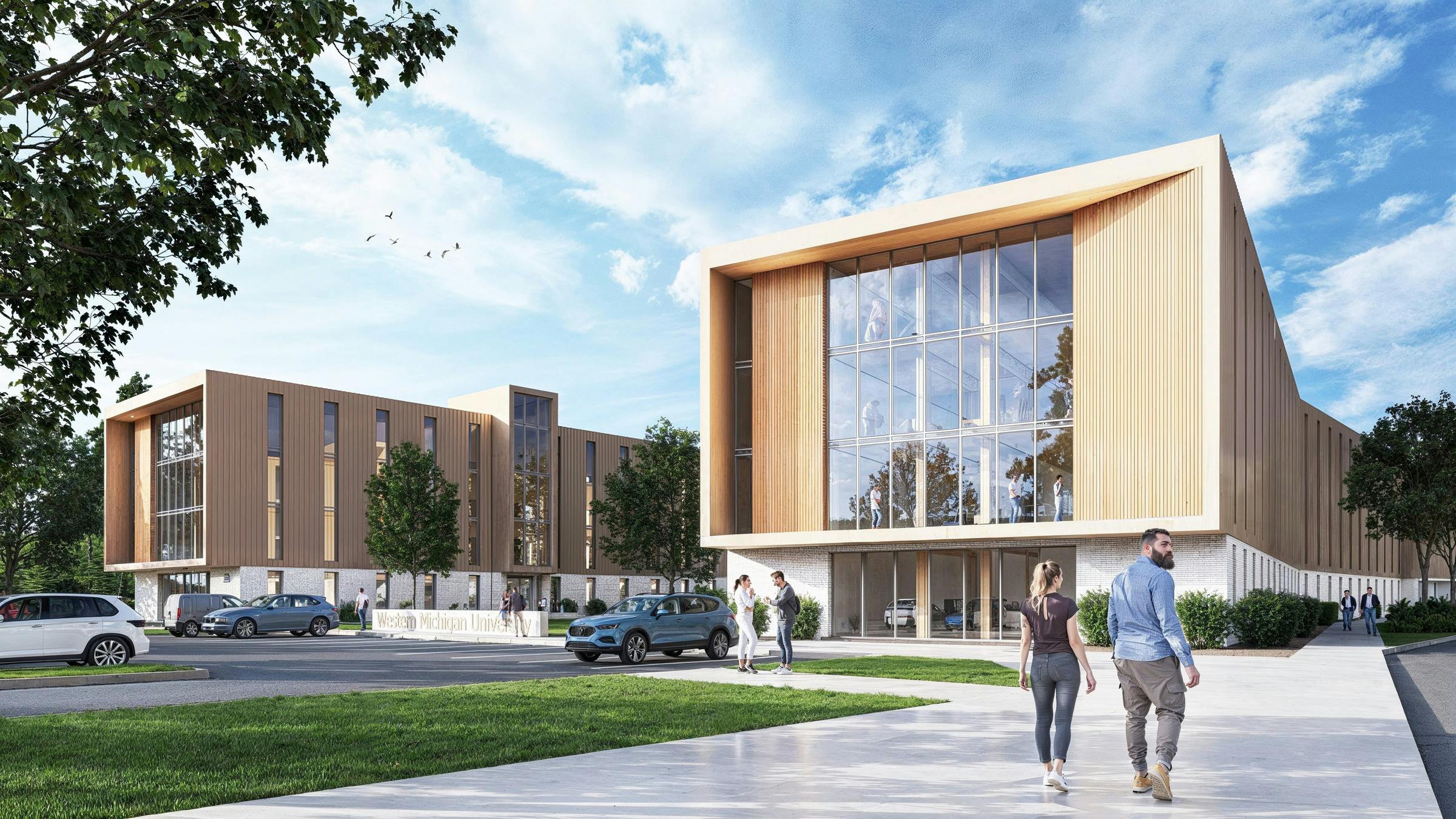
WMU's Blueprint for Sustainable Student Living

The Winter Extern Experience

Welcoming Our New Director of People Operations
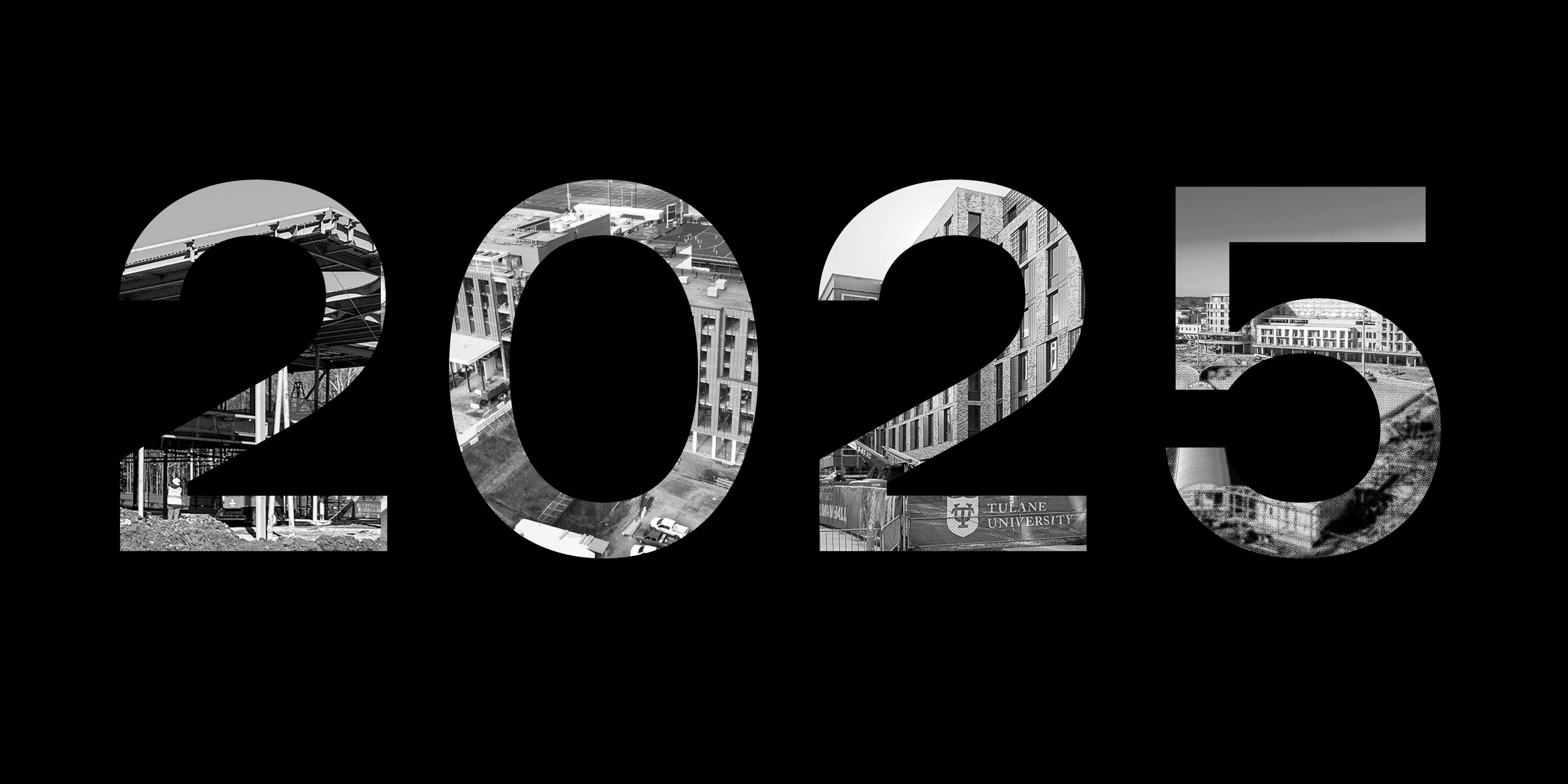
Projects to watch in '25

Hanbury Discussions with Wes Page

Syngenta Celebrates Opening of New Headquarters

Celebrating Shared Ownership
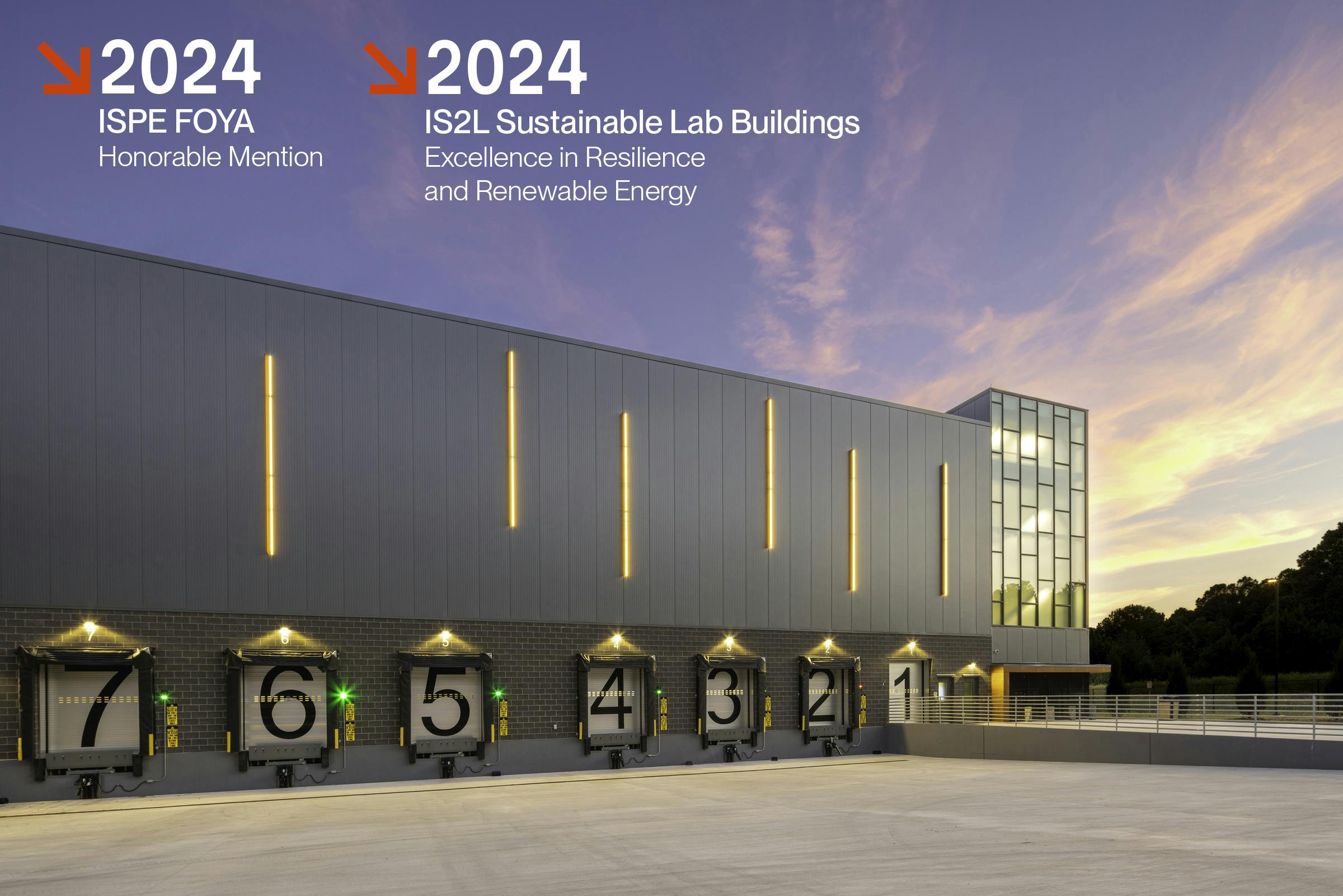
Project Lightyear Recognized for Innovation and Sustainability

Construction Commences on Karsh Institute of Democracy

AIA CoVA x ForKids Pop-Up Park

Double Wins for Hanbury at 2024 Barkitecture

Hanbury Recognized with Aspire Awards
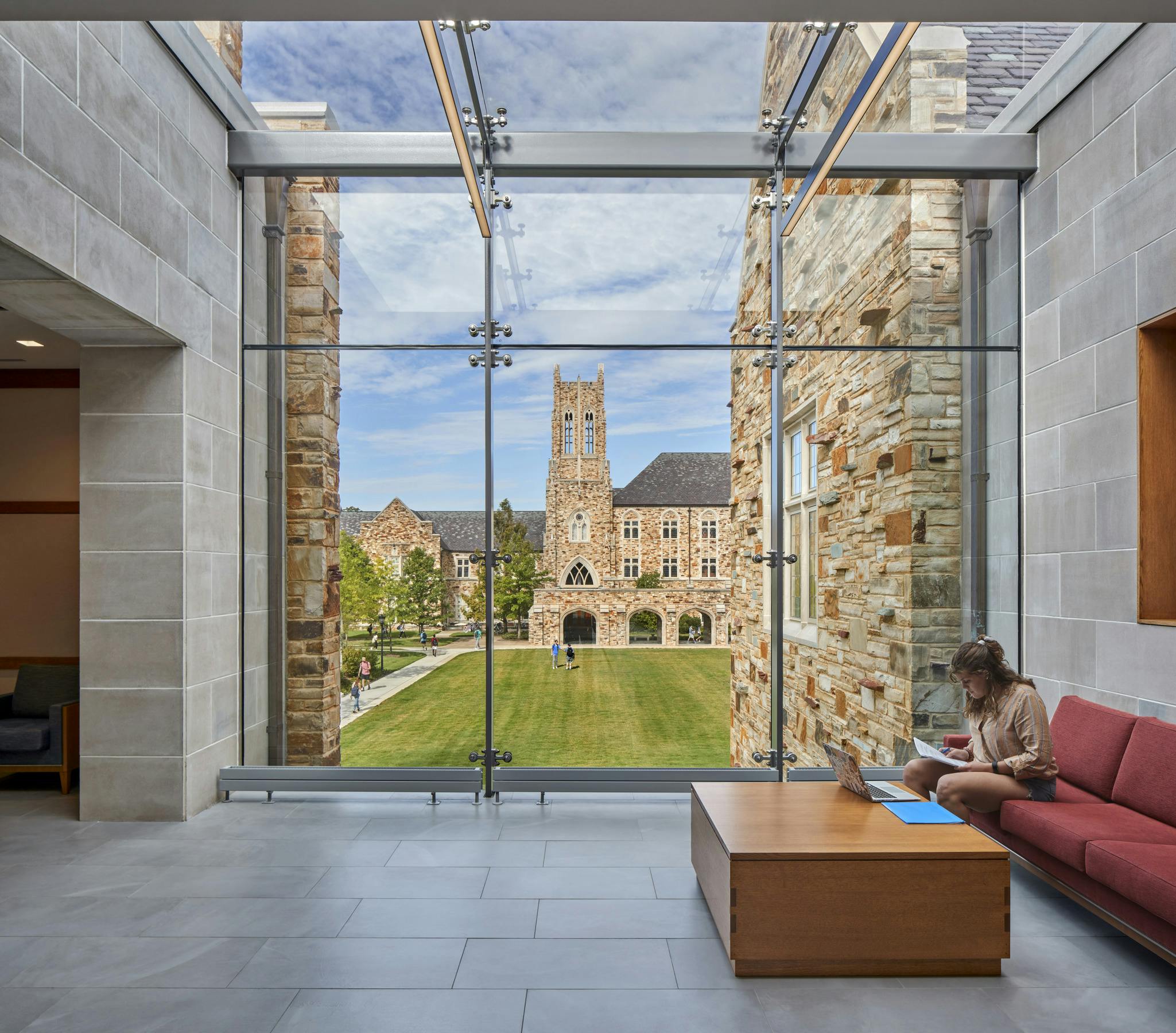
Crafting a Legacy at Rhodes College

Atlantic Park Celebrates “Bottoming Out”

Hanbury Summer Scholars Experience Recap

IPAL at Hanbury

Creating Identity through Experiential Graphics

Rethinking Resilience: The Vision Behind Hanbury's Research Fellowship

The Cavalier Hotel

VGXI and the Art of Tilt-Up

2024 VT Inside Design Summer Program

Hanbury Unveils Design for Novo Nordisk’s New Manufacturing Facility

Zweig Hot Firm Award

Workplace Strategies in Our Raleigh Office

Embracing Data Democratization in Architecture

Welcome 2024 Summer Scholars

Hello, new!

Recognizing Excellence

Project Lightyear Receives ISPE FOYA Award

What Do You See?

Ohio University Celebrates Groundbreaking of New South Green Residence Hall

Happy Earth Day

A New Home in Raleigh's Warehouse District

Hanbury Discussions with Shawna Mabie

Karsh Institute Selected as Design for Freedom Pilot Project

Pat O'Keefe Named Hanbury COO

Holistic Approach Grounded in Research

Design Retreat

Design Medalist

Lower Campus Residence Halls

Crafting the Blueprint
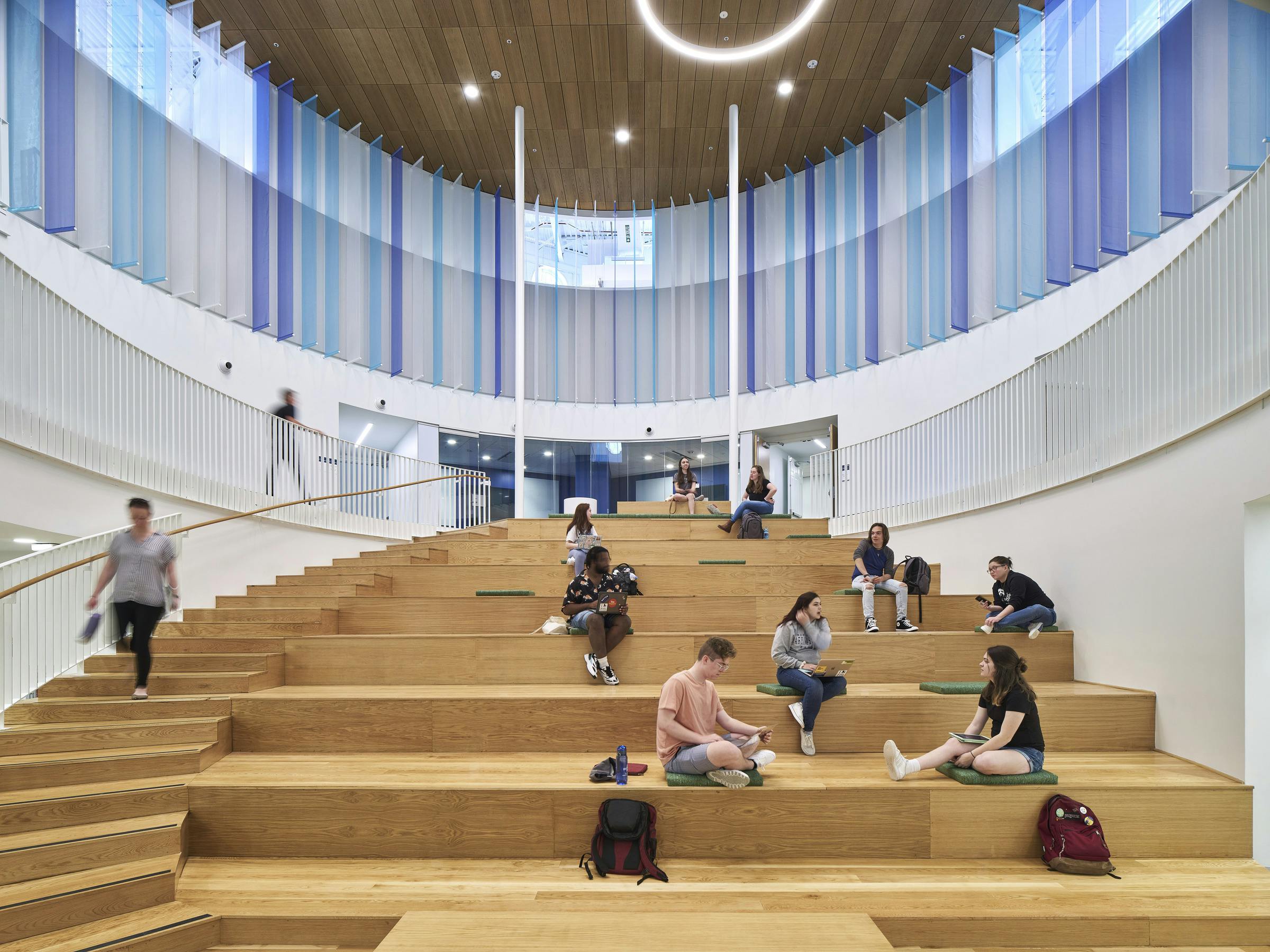
Seacobeck Hall

Legacy Programs

Freshly Squeezed: Hanbury Serves Up Its New Creative Collective

The Spontaneous Grid

Universidad de Monterrey

Materiality
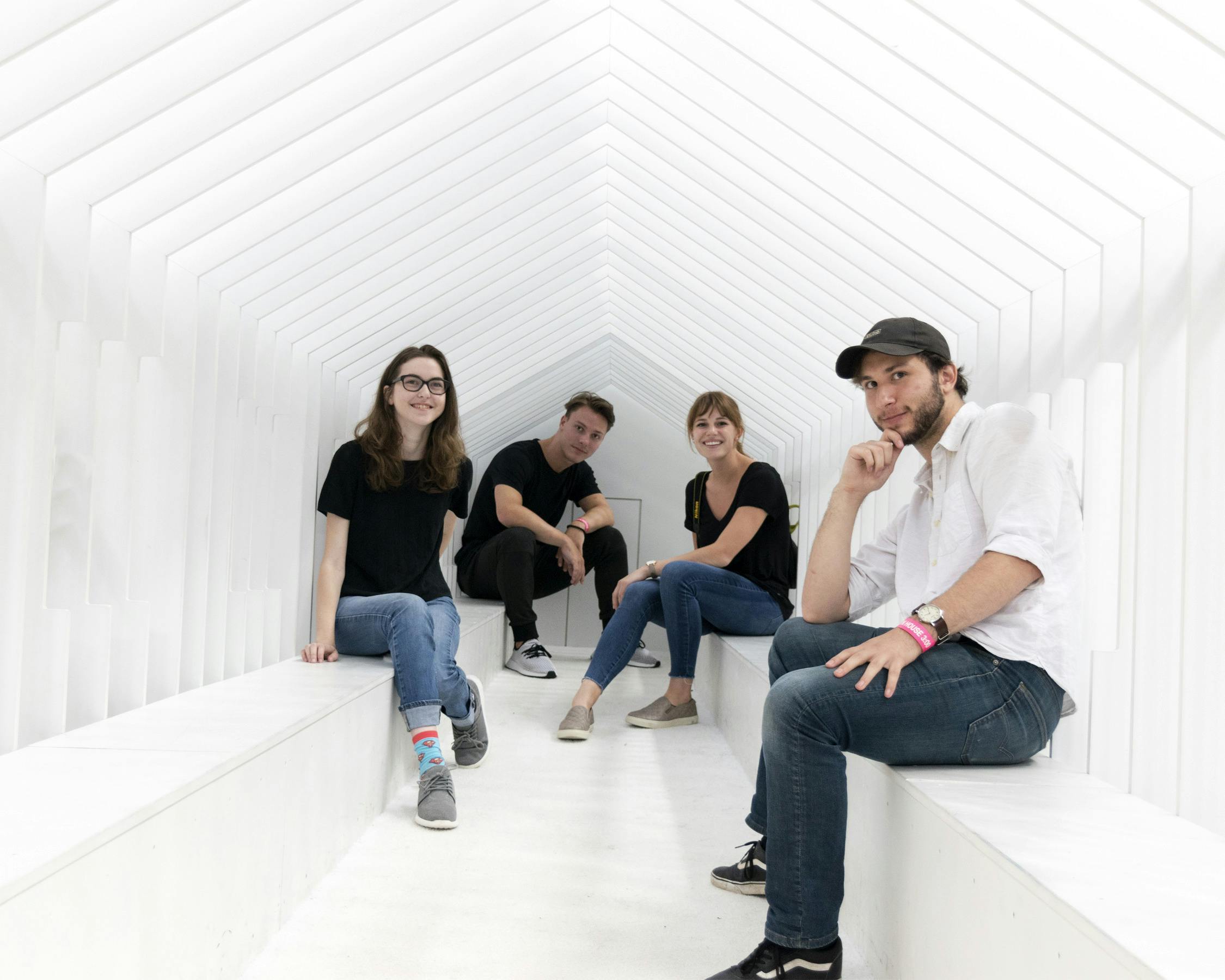
Summer Scholars

sPARK Leasing Center

sPARK LS campus

UVA Hotel + Conference Center

Atlantic Park

Reimagining Sustainability: A Journey to Net Zero in Large-Scale Manufacturing

Virginia African American Cultural Center

VGXI

AIAHR Pop Up Park: “BLOCK PARTY”

Robert V. Reis, FAIA, Becomes Hanbury's Eighth Fellow

Unearthing Nostalgic Energy with Atlantic Park's Construction Fence

r[EVOLUTION] in Design: Exploring the Convergence of AI, Computational Design, and the 'Third Place'
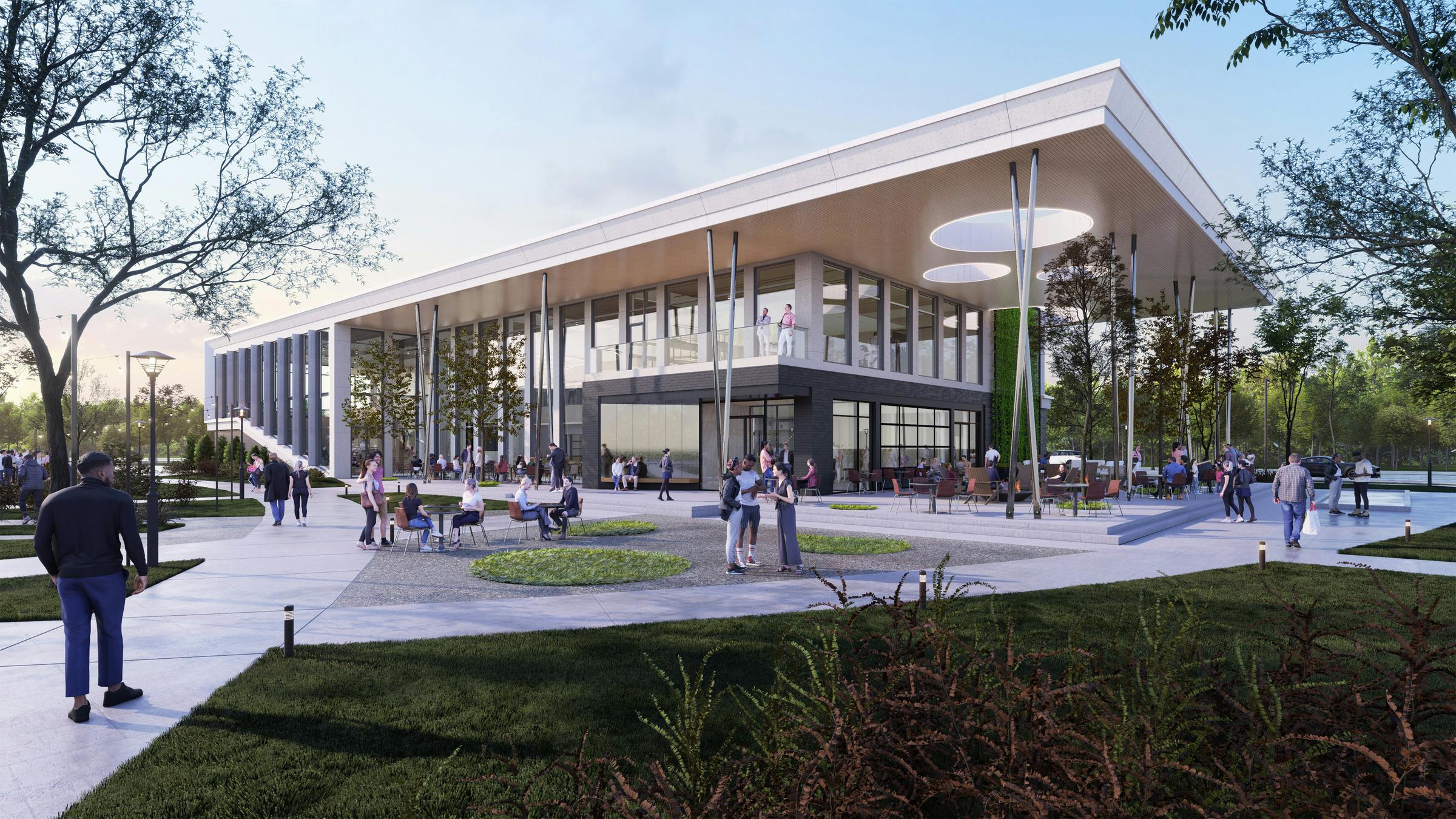
Attracting and Retaining Tenants in Laboratory and cGMP Facilities

Revitalizing City Center: Richmond's Bold Step Towards an Urban Innovation District

The Power of Play

Atlantic Park Gets Go-Ahead with Financing in Place

Highland Park: A Journey to Health and Wellness
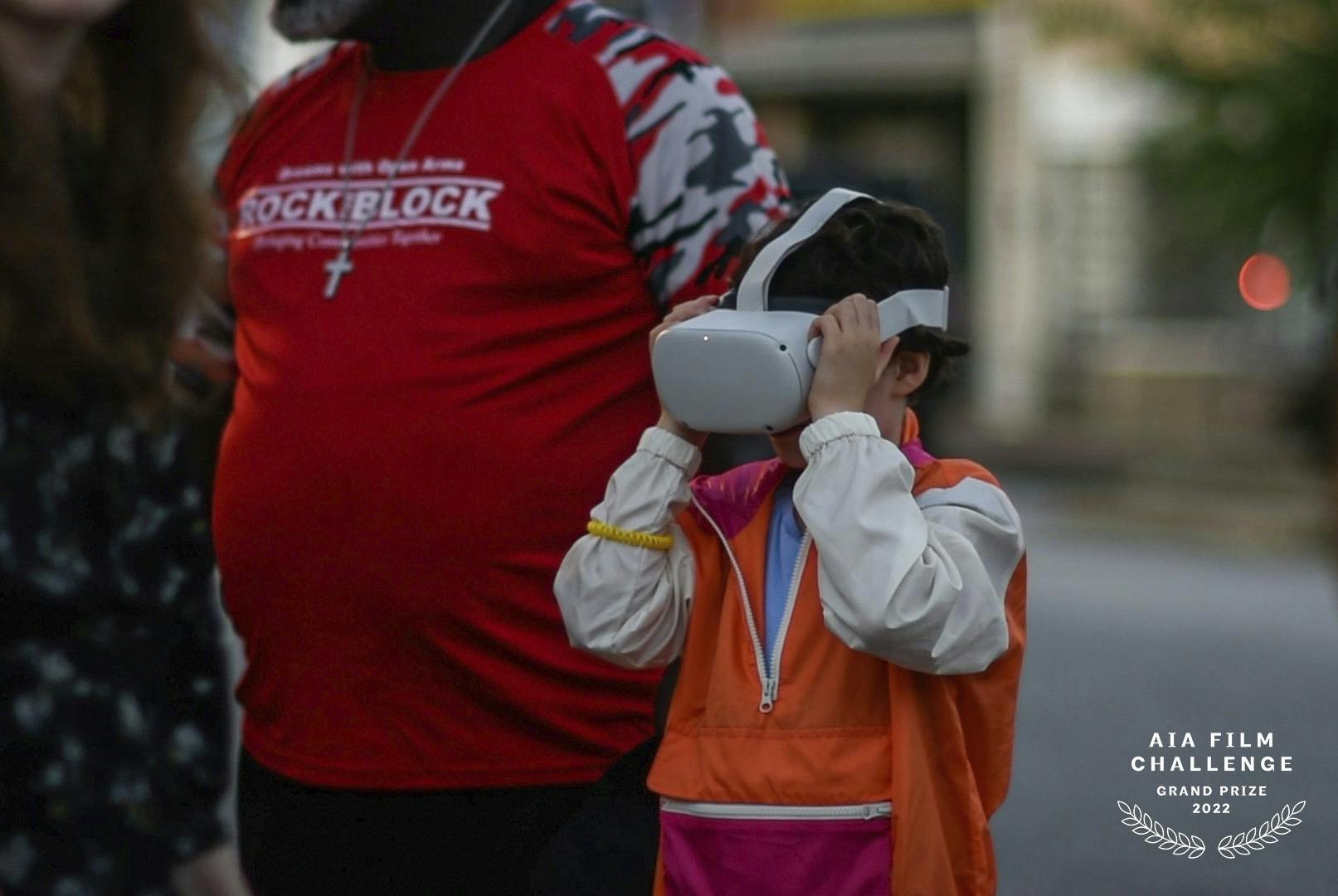
Hanbury Awarded Grand Prize in 2022 AIA Film Challenge

Community Wish Comes True
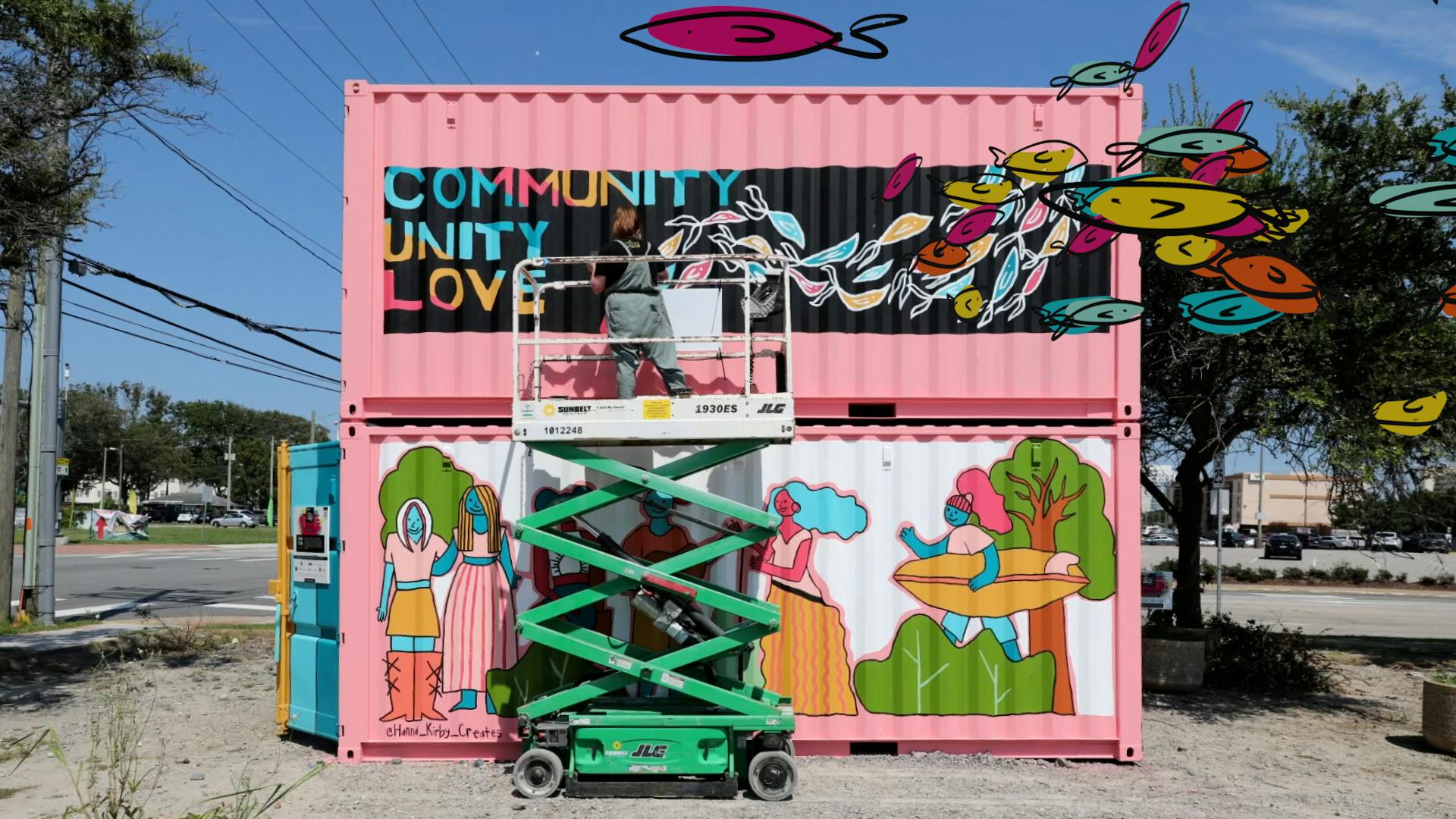
Atlantic Park AR Mural Blends Physical and Virtual Environments
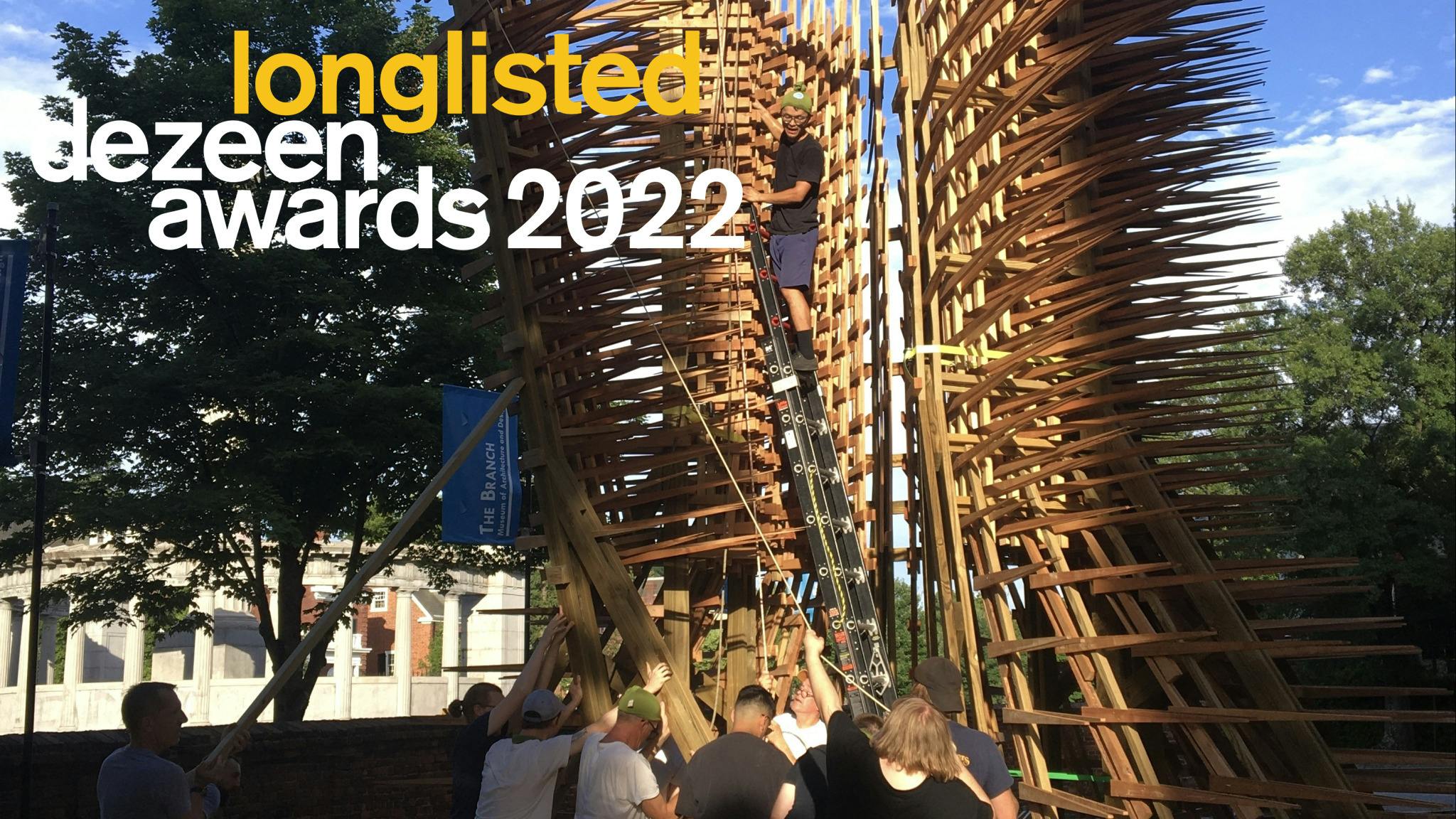
An Liu’s “Helper” Named to Dezeen’s 2022 Longlist

Building the Carbon Positive City with Alan Organschi

Resilience in Practice